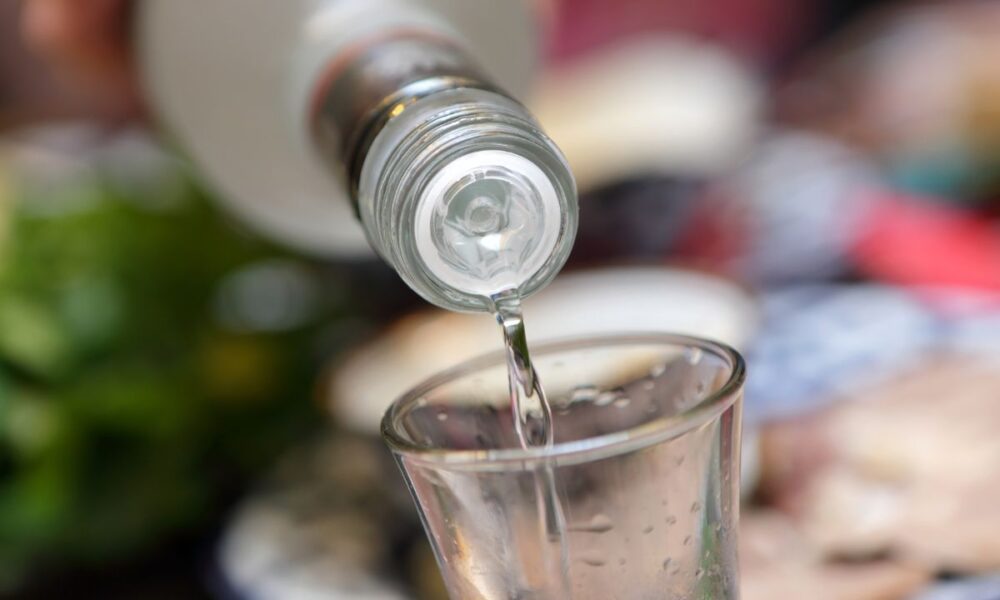A mass poisoning from methanol-laced bootleg vodka has claimed at least 25 lives in Russia’s Leningrad region, with several others injured, authorities reported on Saturday.
The tragedy, centered in the town of Slantsy, highlights the persistent dangers of illicit alcohol in rural areas where cheap substitutes thrive amid high vodka prices.
The deaths occurred after victims consumed 90-proof homemade vodka containing lethal levels of methanol, a toxic substance found in products like windshield wiper fluid and antifreeze. The Russian news outlet Izvestia reported that all deceased victims had elevated methanol levels in their systems.
Authorities detained three suspects, including Nikolai Boytsov, 78, and Olga Stepanova, 60, who are awaiting trial. Investigators allege Stepanova supplied the bootleg liquor to Boytsov, who sold bottles for approximately $1 each. Empty glass bottles and plastic cans were found in Boytsov’s apartment, and he is accused of poisoning his wife, one of the victims, with the tainted alcohol.
Eight additional suspects have been arrested for producing and distributing the vodka, with one being pre-emptively jailed for two months, according to the Slantsevsky City Court.
Methanol, a colorless and odorless liquid, is often used by bootleggers to cut costs; however, it is highly dangerous.
Mount Sinai Hospital notes that as little as two tablespoons can be fatal to a child, and 2 to 8 ounces can kill an adult, causing symptoms like difficulty breathing, blindness, dizziness, seizures, severe abdominal pain, and death. Authorities urge anyone who may have consumed the tainted vodka to seek immediate medical attention.
Mass poisonings from illicit alcohol are not uncommon in Russia, where high alcoholism rates and economic pressures drive demand for cheap spirits, particularly in rural areas.
In 2016, over 60 people died in Irkutsk, Siberia, after drinking methanol-laced bath oil. In 2023, a counterfeit cider killed 50 people, leading to nearly a decade in prison for two perpetrators.
Despite tougher laws following such incidents, homemade alcohol remains widely available, exacerbated by rising retail prices and regional sales restrictions, according to Reuters.


